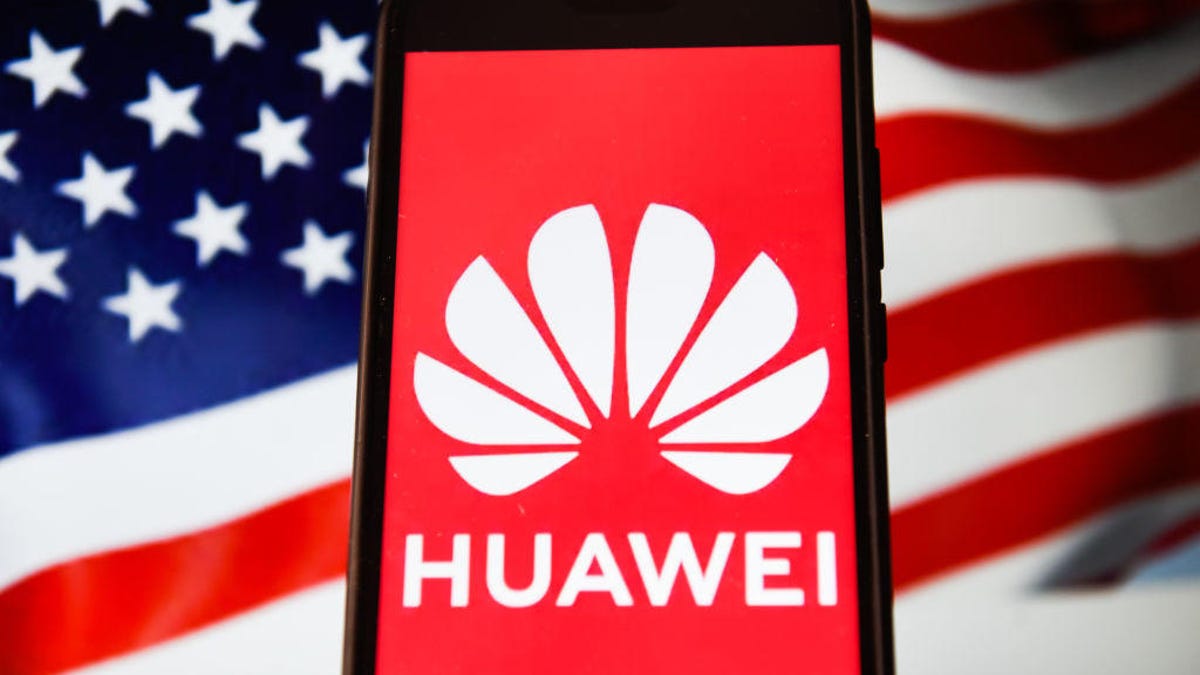US officials reportedly agree to cut off Huawei from global chip suppliers
Proposed rules may require foreign companies that use American chipmaking equipment to secure a license before supplying some chips to Huawei.

Huawei's business could take another hits as the Trump administration seeks to restrict the Chinese telecom giant's global chip supply.
Senior US government officials have agreed to new rules to cut off Huawei from global chip suppliers, according to a Reuters report Thursday, citing sources familiar with the matter.
Under the new measures, foreign companies that use American chipmaking equipment would first need to secure a license before supplying some chips to Huawei, the report says. The focus of the new rules is to restrict the sale of more sophisticated chips to the Chinese telecom giant rather than generic, more widely available chips.
The US has long alleged that Huawei maintains a tight relationship with the Chinese government, creating fear that equipment from these manufacturers could be used to spy on other countries and companies. The Commerce Department blacklisted Huawei following a May executive order from President Donald Trump that effectively banned the company from US communications networks. Huawei and ZTE deny that their gear can be used for spying.
Trump hasn't signed off on the proposed new measures yet, but if he does, a slew of US tech companies stand to lose, like Apple and Qualcomm along with Huawei. It could also negatively impact the world's largest chipmaker, Taiwan's TSMC, the report says.
Huawei declined to comment on the proposal.

